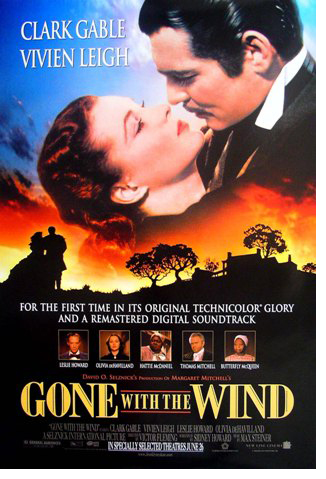 ?African cinema is only beginning to explore its unlimited potential.?
?African cinema is only beginning to explore its unlimited potential.?
Férid Boughedir, Camera d’Afrique (1983)
Férid Boughedir, Tunisian author, screenwriter, filmmaker, director of the Carthage Film Festival, and jury member at Cannes, can boast among his great achievements his advocacy of other African filmmakers. His ability to see the big picture and his willingness to speak for the silenced make him one voice that should not be ignored.
The Buried Wish
In his 1982 documentary Camera d?Afrique, Boughedir offered strong evidence that art is a necessary and prophetic expression of the stifled desires of a people. This is especially true in light of the fact that Africans and African cinema share a large number of struggles. In Camera d?Afrique, Boughedir showed the concerns voiced by African filmmakers at a time when they were mostly ignored. These turned out to be exactly the concerns that led to the sparking of the Arab Spring in the Maghreb region, which began with Tunisia’s Jasmine Revolution in 2011.
What, for example, were some of the problems the Pan-African filmmakers pointed out? For one thing, they saw a need to protect cinema from the greed of commerce as well as from the propaganda brokers.
They bemoaned a lack of government support and at the same time a reluctance to become dependent on that support. They feared oppression while admitting that it is sometimes under oppressive regimes that the best work emerges. They voiced a desire for freedom of speech and an awareness that this would free the airwaves to the very extremists who would work with political parties to silence artists.
They spoke of their disgust with the incompetence of their leaders. They spoke of the artist’s responsibility to put up limitations on the unbridled power of government and to act as a watchdog against the excesses of power. They emphasized the need to let the rest of the world know what’s going on in their backyard in order to muster international solidarity.
This is so similar to the list of concerns expressed during the Arab Spring as to be practically synonymous; the Arab Spring was and continues to be a revolt against dictators kept in power by foreign greed and who served the interests of those foreign powers far more than they did the interests of their own peoples.
Global Solitaries and Local Communities
At the time this documentary was made, there was no system to distribute the films to Africa itself, even though there were limited means of distributing African films to the West. African cinema had to compete with American films on African soil, provoking exactly the same protests that I grew up hearing among my more thoughtful Canadian friends: We actually like our own movies and TV shows better than most of the American shows. So why are we constantly being flooded with these American movies and shows?
It’s not just a matter of taste. Communities need to see films about themselves: their own history, customs, and legends. For complex reasons, individual artists need to be mindful of their global context while at the same time feeling grounded in specific cultures that enable them to stand firm against the ?truths? asserted by foreign colonizers, whether these colonizers are political or commercial.
Camera d?Afrique gives a keyhole view of Boughedir’s well-informed and highly sophisticated aesthetic. Most telling of all is the little scene at the end where he shows a clip from Finye (The Wind), a 1982 film by Souleymane Cisse.
A shaman approaches a great gnarled tree to summon the resident spirit. After a minute or so of rattle-shaking, the spirit responds:
?SPIRIT: Who beckons us? Who awakens us?
DJANDJO: It’s Djandjo.
SPIRIT: Djandjo! What a long time It’s been. What is wrong?
DJANDJO: I have come for help. They have arrested my only hope, the last son of my race. Help me so that he may be safe and sound.
SPIRIT: I see two stars darting across the sky. Between them darts a shining star. It is coming towards us. It shines over all the planet. Djandjo, the sky is changing colour. It is getting darker. This means that our knowledge escapes us. The divine forces have deserted us. Now act by your strength and by what you know. Make offerings and go. From now on act according to your knowledge.?
It’s this dictum?act according to your knowledge?that illuminates much of Boughedir’s worldview.
(To be continued.)
Wanda also penned the poems for the artist book They Tell My Tale to Children Now to Help Them to be Good, a collection of meditations on fairy tales, illustrated by artist Susan Malmstrom.


